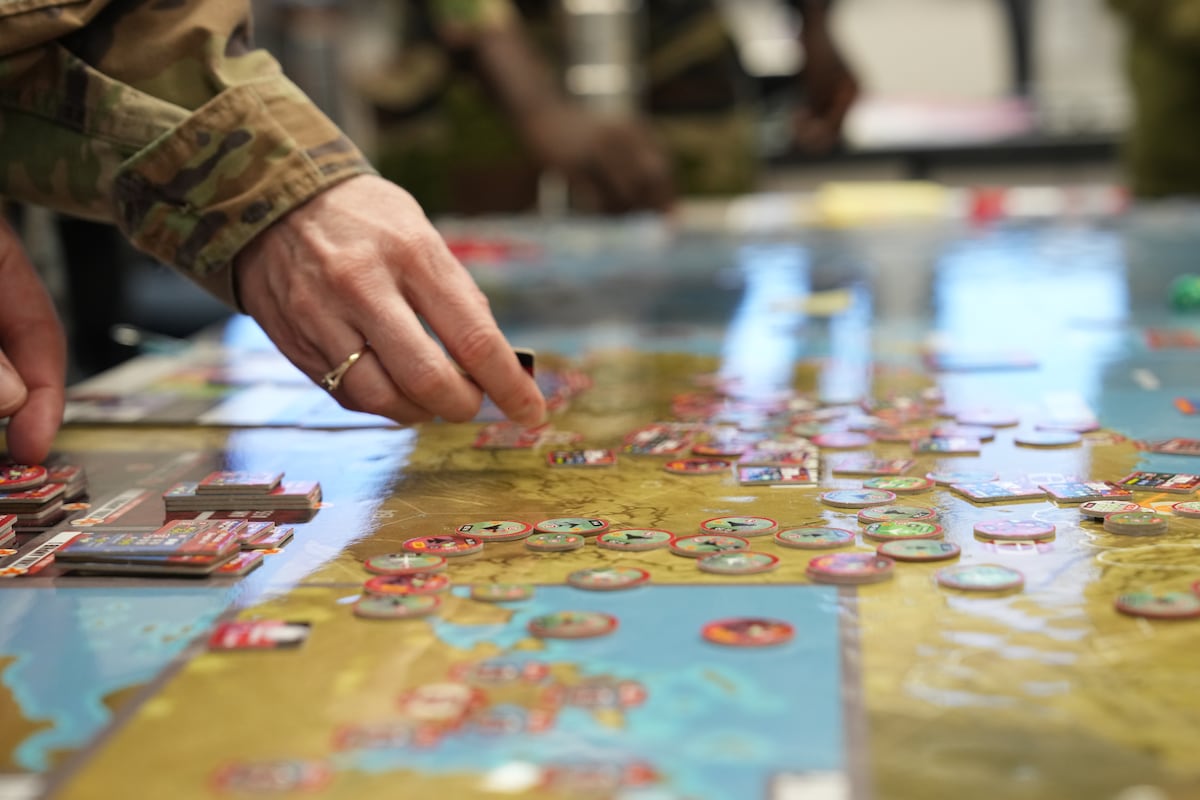The recent Schriever Wargame, concluding on October 5, 2023, at Maxwell Air Force Base in Alabama, has outlined potential future capabilities for the U.S. Space Force. Over a two-week period, more than 350 participants from U.S. industry and allied military forces engaged in discussions about emerging technologies necessary for space operations over the next decade, particularly focusing on the Indo-Pacific region.
During a media briefing on Monday, Col. Shannon DaSilva, Commander of Space Delta 10, announced the identification of five conceptual technologies that may be pivotal for future operations. While DaSilva refrained from disclosing specific details due to national classification requirements, she noted that these potential capabilities include space domain awareness and innovative communication and collaboration tools that are not yet available. “The idea was to explore what might be in the realm of the possible for future investment discussions and integration with our partners,” DaSilva explained.
The Schriever Wargame plays a critical role in the Space Force’s ongoing initiative to define an objective force design, which outlines necessary missions and capabilities for the next 10 to 15 years. Insights gained from this year’s event will inform how the U.S. Space Force can collaborate with its allies, particularly in terms of shared capabilities. Additionally, the wargame will assist in shaping decisions around system interoperability and acquisition policies.
At the conclusion of the exercise, DaSilva indicated that the Space Force intends to publish an evaluation report detailing the lessons learned and seeking feedback from allied nations. “That will be the first time that we’ve published a report like that,” she stated. This move aims to enhance the wargame process and foster better collaboration moving forward.
The Space Force is also making efforts to broaden the scope of the Schriever Wargame, which is now in its 25th year. Traditionally, objectives have been set by the U.S. Space Force’s Chief of Space Operations. However, plans are underway for all participating nations to contribute to the establishment of goals and scenarios by 2027. “Our intent is that all the nations will jointly set the objectives for the wargame, and that we will be testing operational concepts that are more internationally focused,” DaSilva added.
Furthermore, while the U.S. has historically hosted this event, the possibility of conducting future wargames in other countries is being explored. DaSilva acknowledged that logistical challenges may arise, given that much of the required infrastructure is based in the United States.
As the Space Force continues to evolve, the outcomes of the Schriever Wargame could significantly influence its strategic direction and collaborative efforts with international partners, marking a pivotal moment in the future of military space operations.





































































